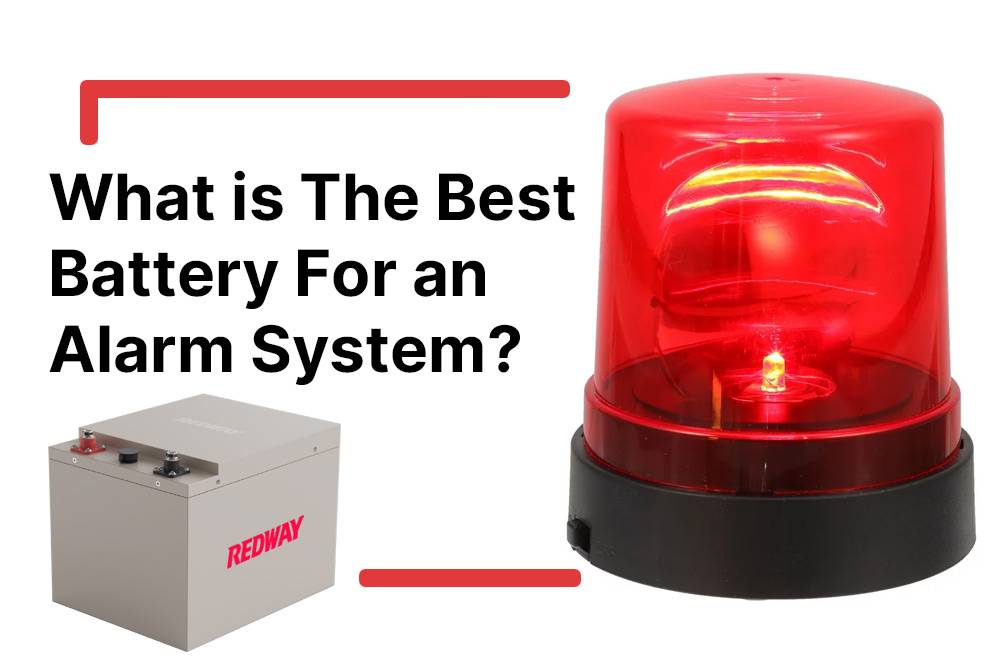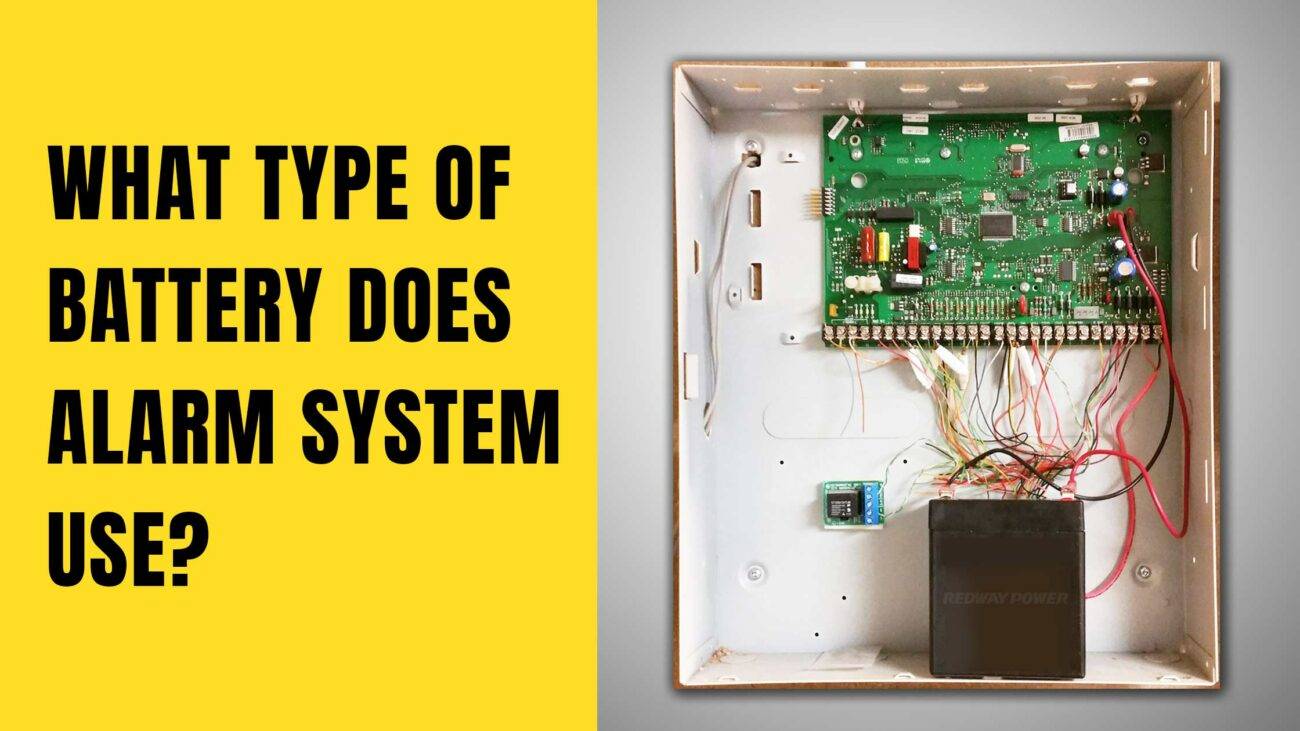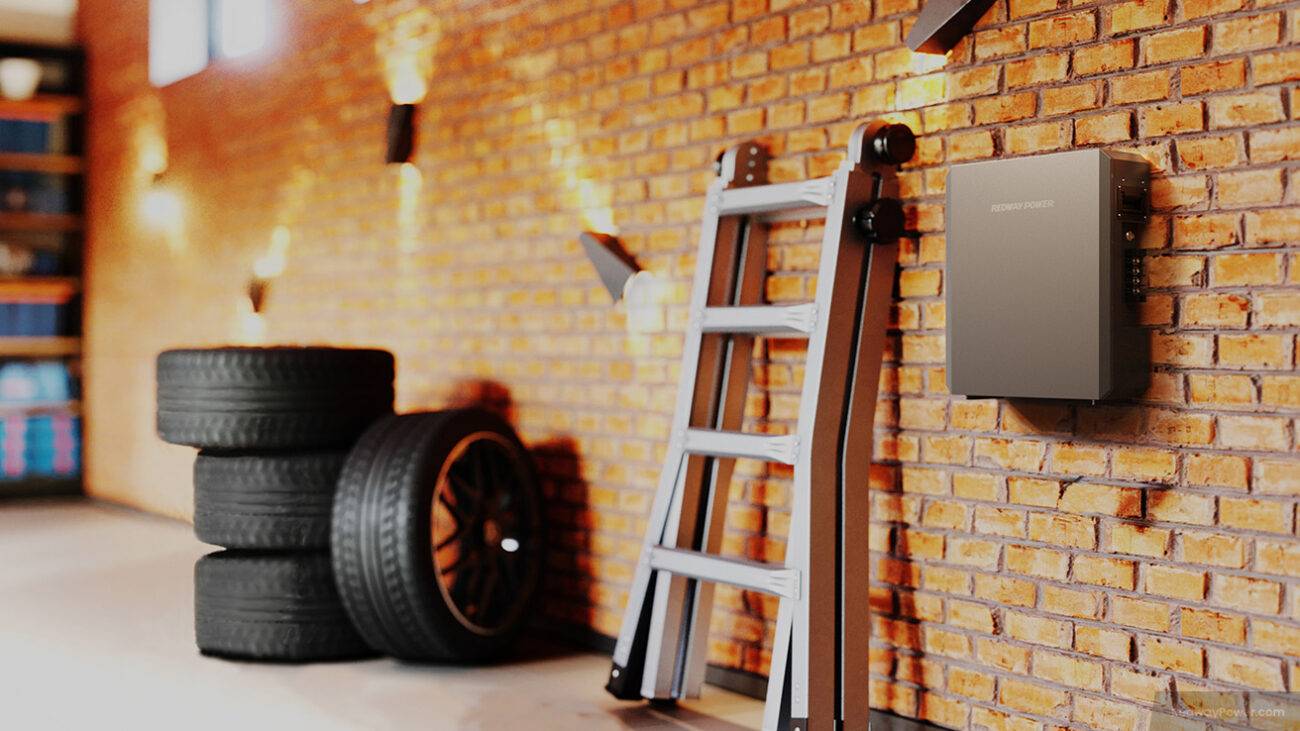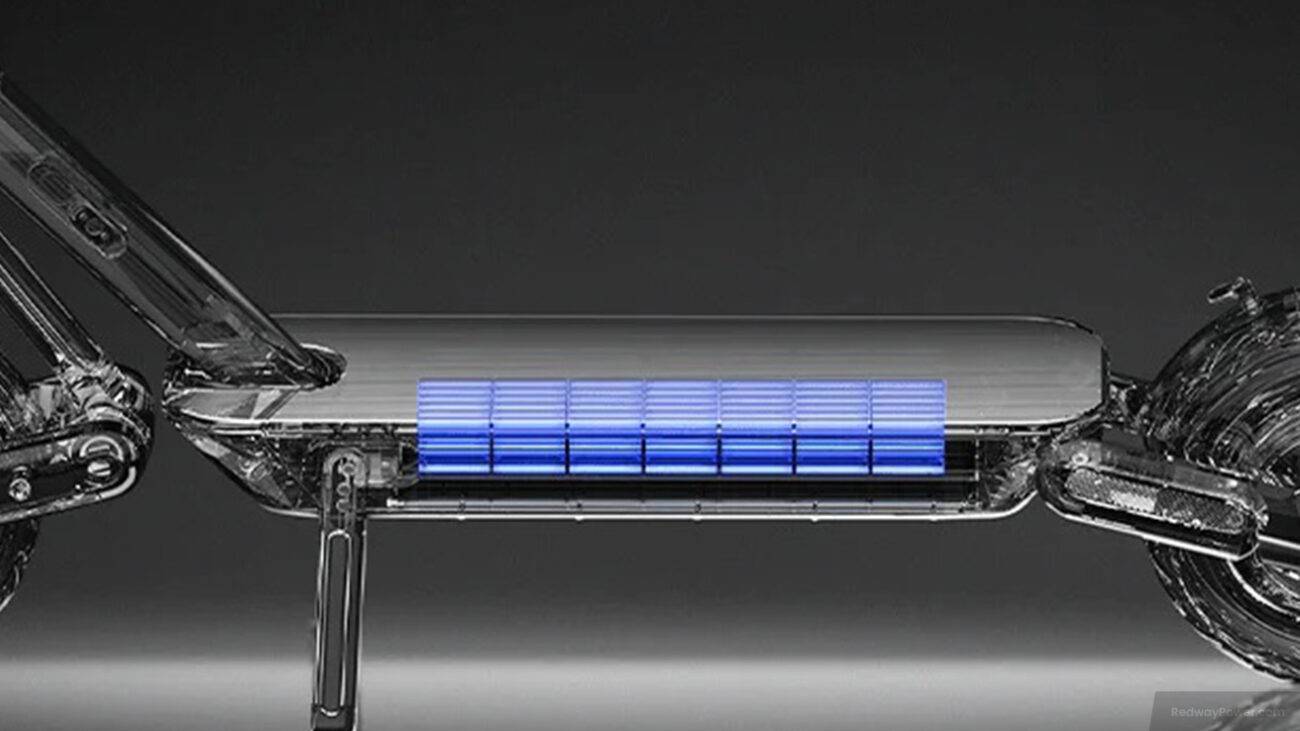Choosing the right battery for your alarm system is crucial for uninterrupted protection. In this blog post, we’ll explore the different battery types, important factors to consider, and top recommendations. Plus, we’ll provide valuable tips on maintenance and replacement to ensure your peace of mind.
Types of batteries commonly used for alarm systems
Types of batteries commonly used for alarm systems include Sealed Lead-Acid (SLA), Lithium-Ion (Li-ion), Nickel-Cadmium (NiCd), and Nickel-Metal Hydride (NiMH). SLA batteries are reliable and low-maintenance, while Li-ion batteries offer compactness and longevity. NiCd and NiMH batteries provide good lifespan and performance. Consider factors like lifespan, maintenance, and budget when selecting the best battery for your alarm system.
Let’s explore the key features and benefits of each type to help you determine which one best suits your needs.
- Sealed Lead-Acid (SLA) Batteries: Known for reliability and durability, SLA batteries require minimal maintenance and are resistant to vibration, making them ideal for alarm systems.
- Lithium-Ion (Li-ion) Batteries: Offering high energy density and long cycle life, Li-ion batteries provide more power in a smaller size and faster recharge times compared to other options.
- Nickel-Cadmium (NiCd) Batteries: While less popular due to environmental concerns, NiCd batteries still offer good longevity and performance across a range of temperatures.
- Nickel-Metal Hydride (NiMH) Batteries: NiMH batteries have a higher capacity than NiCd batteries and do not suffer from memory effect, making them a reliable option for alarm systems.
Consider factors like lifespan, maintenance requirements, energy density, and budget when selecting the best battery for your alarm system.
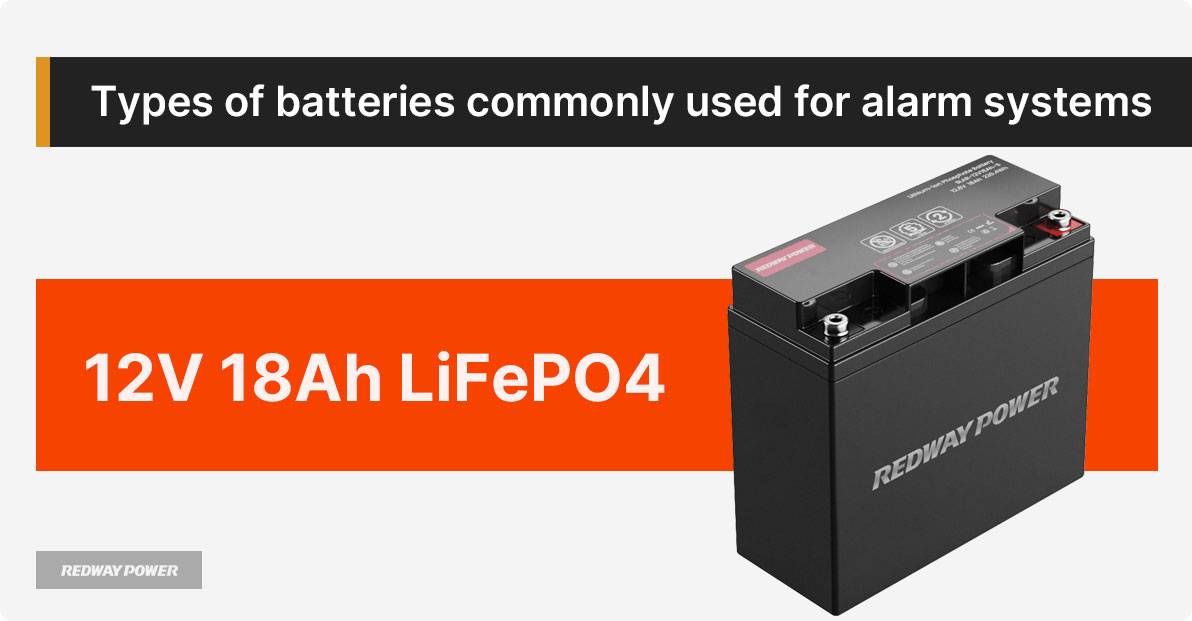
Factors to consider when choosing the best battery for your alarm system
Choosing the best battery for your alarm system is essential for reliable protection. Consider factors like capacity, voltage, type, maintenance needs, size, brand reliability, battery life, and warranty. Ensure the battery fits well and offers adequate backup power. By weighing these factors, you can confidently select a battery that meets your alarm system’s requirements and ensures uninterrupted security.
Consider these key factors to ensure you make the right choice for your needs.
- Capacity: Choose a battery with sufficient capacity to provide adequate backup power during outages, ensuring uninterrupted protection for your property.
- Voltage: Verify that the battery’s voltage matches the requirements of your alarm system to avoid potential damage or malfunction.
- Type: Decide between options like sealed lead-acid (SLA) or lithium-ion batteries, weighing their pros and cons to find the best fit for your preferences and requirements.
- Maintenance: Determine whether you prefer a maintenance-free battery or are willing to perform regular upkeep tasks to optimize performance and longevity.
- Proper Fitment Size: Ensure any replacement battery fits seamlessly within your alarm system’s compartment without the need for modifications, ensuring proper functionality.
- Brand Reliability: Opt for reputable brands known for producing high-quality batteries designed specifically for security applications like alarm systems.
- Battery Life Expectancy & Warranty Period: Consider the expected lifespan of the battery and the warranty coverage offered by the manufacturer to ensure long-term reliability and peace of mind.
By considering these factors carefully, you can confidently select the best battery for your alarm system, ensuring reliable operation and protection when you need it most.
Top 5 recommended batteries for alarm systems
For reliable alarm system power, consider these top 5 batteries: Duracell Ultra Power Alkaline Batteries for reliability, Energizer Ultimate Lithium Batteries for extreme temperatures, Panasonic Eneloop Rechargeable Batteries for eco-friendliness, Varta High Energy AA Alkaline Batteries for affordability, and Lithonia ELB-1228 Lead Acid Battery for commercial use. Ensure compatibility with your system for optimal performance.
- Duracell Ultra Power Alkaline Batteries: Known for their reliability, Duracell Ultra Power alkaline batteries provide maximum power output, ideal for uninterrupted operation during power outages.
- Energizer Ultimate Lithium Batteries: Energizer Ultimate Lithium batteries offer exceptional performance in extreme temperatures and have a long shelf life of up to 20 years, making them suitable for indoor and outdoor use.
- Panasonic Eneloop Rechargeable Batteries: Panasonic Eneloop rechargeable batteries are eco-friendly and cost-effective, with a low self-discharge rate and the ability to be recharged hundreds of times.
- Varta High Energy AA Alkaline Batteries: Varta High Energy AA alkaline batteries deliver consistent power at an affordable price, ensuring reliable operation of your alarm system.
- Lithonia ELB-1228 Lead Acid Battery: The Lithonia ELB-1228 lead acid battery is ideal for large-scale commercial alarm systems, providing dependable performance and longer runtime during emergencies.
Before making a purchase, ensure compatibility with your alarm system to guarantee optimal performance and peace of mind.
How to properly maintain and replace your alarm system battery
Proper maintenance and timely replacement of your alarm system battery are vital for reliable home security. Regularly inspect the battery for damage or dirt buildup. Monitor its age, replacing it every three to five years to prevent failures. Choose a compatible replacement and follow installation instructions carefully. Following these steps ensures your alarm system operates effectively, providing continuous protection for your home.
- Regular Inspection: Regularly check your battery for signs of corrosion, leakage, or dirt accumulation on the terminals. Clean any dirt or debris and replace the battery if you notice any damage or deterioration.
- Monitor Battery Age: Keep track of your battery’s age as most have a lifespan of three to five years. Plan proactively for replacement as it approaches its expiration date to avoid unexpected failures.
- Choose Compatible Replacement: When replacing your battery, select a compatible replacement with matching specifications and voltage rating to prevent damage to your alarm system. Follow the manufacturer’s instructions carefully during installation or consider seeking professional assistance if unsure.
By adhering to these maintenance and replacement guidelines, you can ensure your alarm system operates smoothly and effectively, providing continuous protection for your home.
Common mistakes to avoid with alarm system batteries
Avoiding common mistakes with alarm system batteries is vital to ensure their proper functioning and longevity. Here are key pitfalls to steer clear of:
- Neglecting Maintenance: Regularly check and test your alarm system battery to maintain optimal performance.
- Addressing Warning Signs: Don’t ignore low battery warnings or beeping signals; address them promptly by replacing the battery.
- Using Incompatible Batteries: Always use batteries specifically designed for alarm systems to prevent compromising functionality.
- Following Manufacturer Recommendations: Adhere to manufacturer guidelines regarding compatible batteries and maintenance procedures.
- Proper Installation: Ensure correct installation to avoid poor connections that can affect performance.
By avoiding these mistakes, you can ensure your alarm system operates effectively, providing reliable protection for your property.

